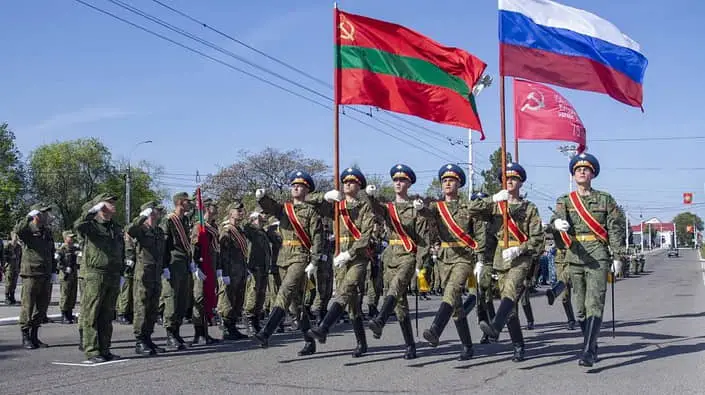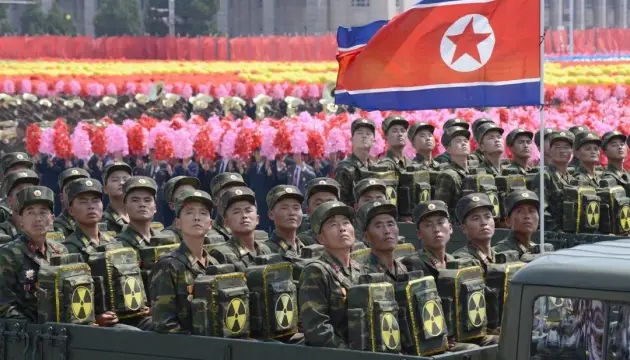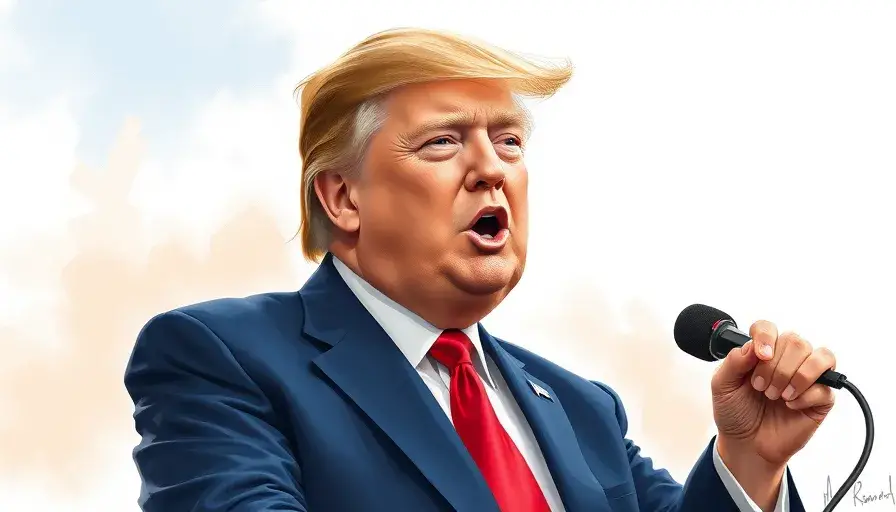Vladyslav Khodyuk, an officer of the Armed Forces of Ukraine and blogger: "Despite the general fatigue from the war, most soldiers understand what they are fighting for"
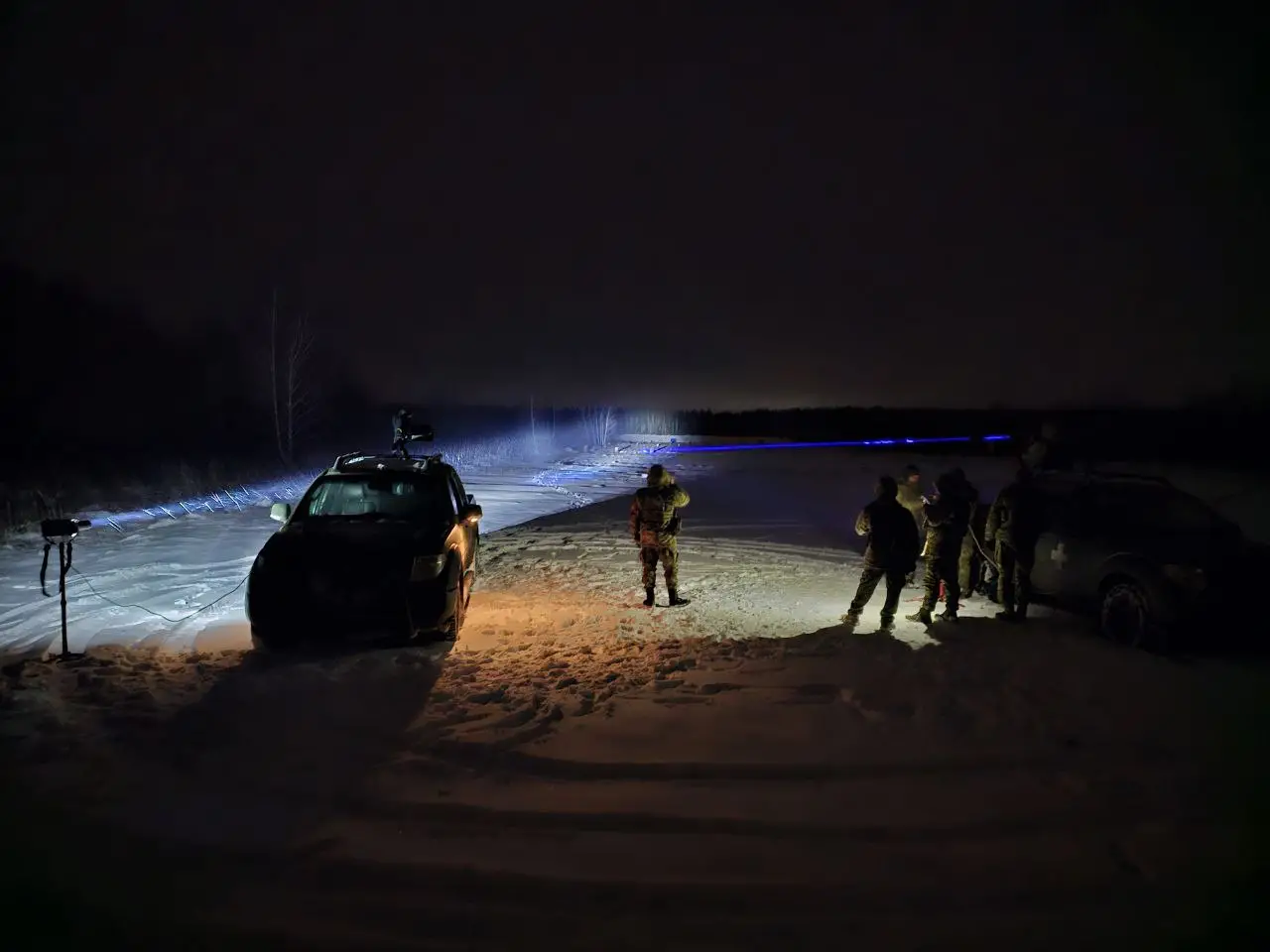
The founder of the blog "Unknown Author", about medicine in the army, mobilization, the Military Commission and donations
Vladyslav Khodyuk is a person who has transitioned from being a doctor to a soldier. He holds a higher medical education and three specializations: ultrasound doctor, radiologist, and family medicine doctor, all obtained at Ternopil State Medical University named after I. Ya. Horbachevsky. Additionally, he has experience in surgical operations and providing emergency medical assistance.
At the onset of the full-scale invasion, he independently approached the Territorial Center of Recruitment, and by April 28, 2022, he joined the ranks of the Armed Forces of Ukraine. He started as an ordinary rifleman-medic and ended his service as the head of the battalion's medical service, having received the rank of junior lieutenant of the medical service.
Vladyslav currently runs a popular blog "Unknown Author" on platforms like TikTok and YouTube, where he fights against medical myths and ignorance. His goal is to improve the public's understanding of medicine and science, sharing his knowledge and experience to protect people's health and lives.
DH News spoke with the medic and veteran to learn about the state of medicine in the Ukrainian army, the strengths and weaknesses of our forces, mobilization, and support for the military.
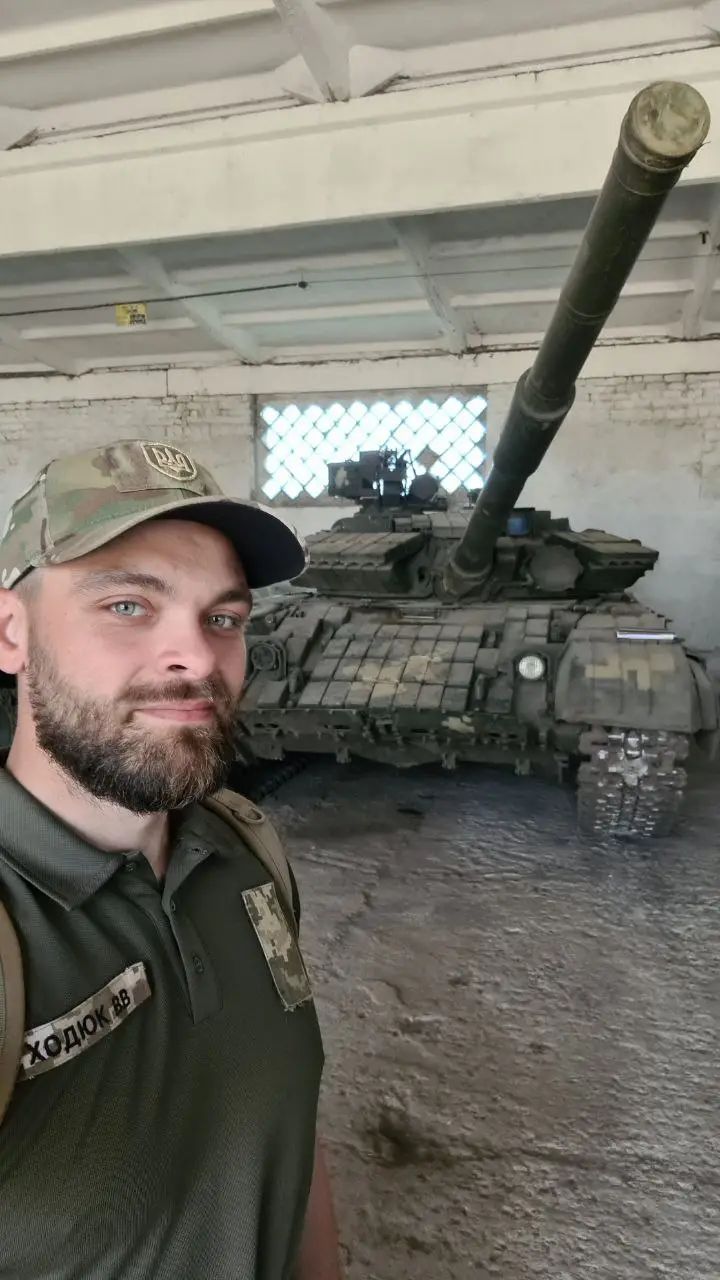
Currently, society is quite demoralized about mobilization and the situation at the front. What about the soldiers? What is the situation on the front lines? What thoughts and ideas prevail?
I can only speak about my unit or the organizations I have collaborated with. Speaking of the paratroopers I fought with in the Serebryansk Forest, these guys are quite lively and powerful. You could call them true "rexes." They are charged for assaults and defense.
There is a certain element of anger, especially among young and powerful guys who either joined voluntarily or are volunteers. This often manifests in their attitude towards demotivated soldiers who need to be pampered. Usually, this is not within their units but when they collaborate with infantry battalions that belong to late mobilization. There is a certain cohort of people who were, let's say, "caught" and did not voluntarily join the army. Looking at these demotivated "slackers," as they call them, confrontation and even disdain arise.
However, if you demonstrate your motivation, engagement in the process, interest in victory, your personnel, and in ensuring as many of your people survive, hold the position or storm it, they instantly change their attitude and show respect. They are angry only at first or if they see that you are someone who does not want to do anything.
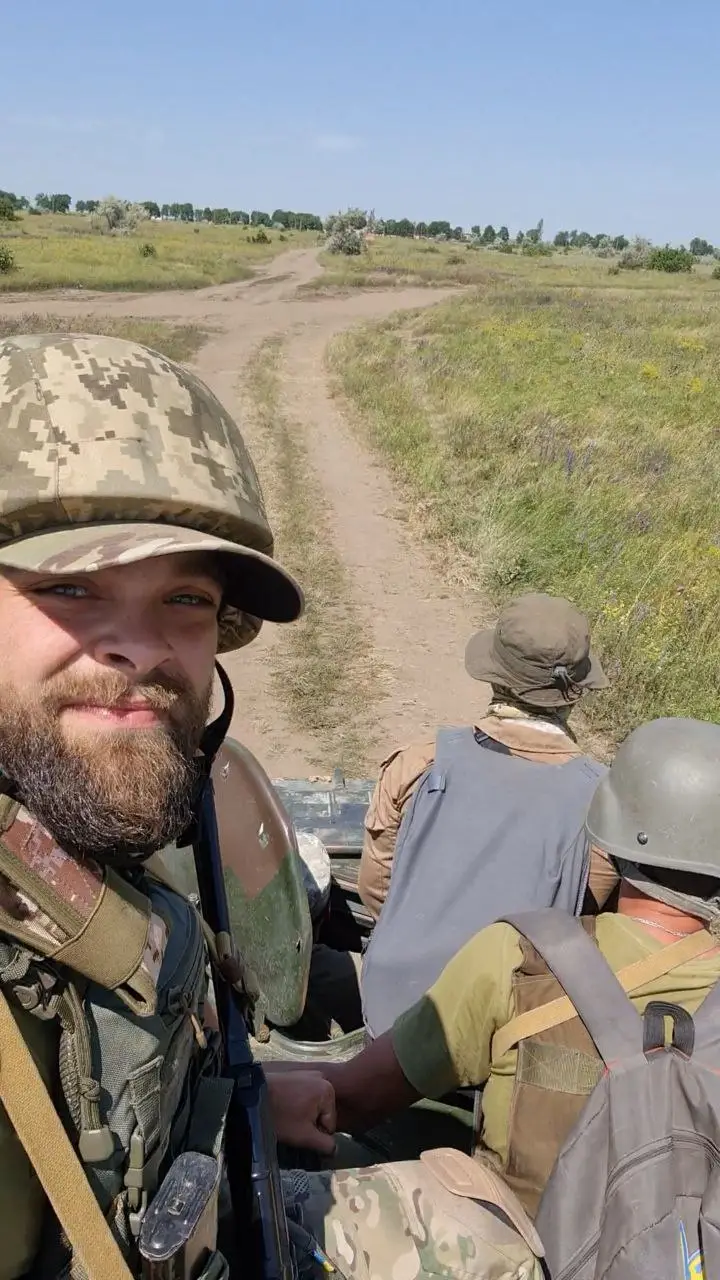
Regarding mobilization, how high-quality are the current recruits, if you can call them that? Have you encountered soldiers who were "put on the bus"? If so, what kind of soldiers are they?
Speaking of infantry, my battalion belonged to late mobilization, and among the servicemen, demotivation was often observed. There were often health issues, as some of these people had chronic diseases that began to worsen during the war.
Since I managed to rise to the position of the head of the medical service, although I started as a platoon commander and sat with the guys in the trenches, when we were withdrawn to Sribnianka, I became the head of the medical service. When you start treating the guys, doing everything correctly so that they get paid and bonuses while in the hospital, their demotivation turns into gratitude. Many of them, after treatment or rehabilitation, want to return to service or at least do not want to go home. They return and continue to serve.
Of course, there are servicemen who, due to exacerbation of chronic diseases or injuries, become demotivated and strive to return to civilian life. If the medical commission gives them the appropriate conclusion, they leave. But this is not a general trend. There are motivated people among officers, sergeants, and soldiers, and there are demotivated ones. Some cannot be retrained or persuaded from the start; they are simply people who do not want to do anything. Others get tired or have disease exacerbations, which demotivates them.
It cannot be said that all servicemen are tired and want to go home. Many want to go home, many are tired, but this does not mean they do not understand the importance of what they are doing and the cost of our victory. They also understand the cost of defeat. Therefore, besides motivation, there is also duty and understanding of its importance.
Since our battalion was created later, I encountered people who were literally caught on the street and taken to buses. Although it was not as harsh as some high-profile cases in Odesa, they were still "invited" quite clearly, making it clear they had no other choice. They just understood this and got on the buses themselves.
I know a few soldiers who ended up in the service not of their own free will but through such "invitations." Some of them found their place in the battalion: someone became a clerk, someone a good sergeant, a squad commander, etc. Their demotivation disappeared. Of course, they can also get tired and disappointed, but I have seen how they transformed from office workers into strong soldiers who found themselves.
However, there are also people who, after forced conscription, remain demotivated from start to finish. They belong to the so-called "league of the offended," who were dissatisfied with everything in civilian life and in the military. They always think everyone around them is bad: commanders, sergeants, fellow soldiers. They surround themselves with similar people who support their views and start to bring serious destruction to the ranks of the servicemen. Fortunately, such people are a minority.
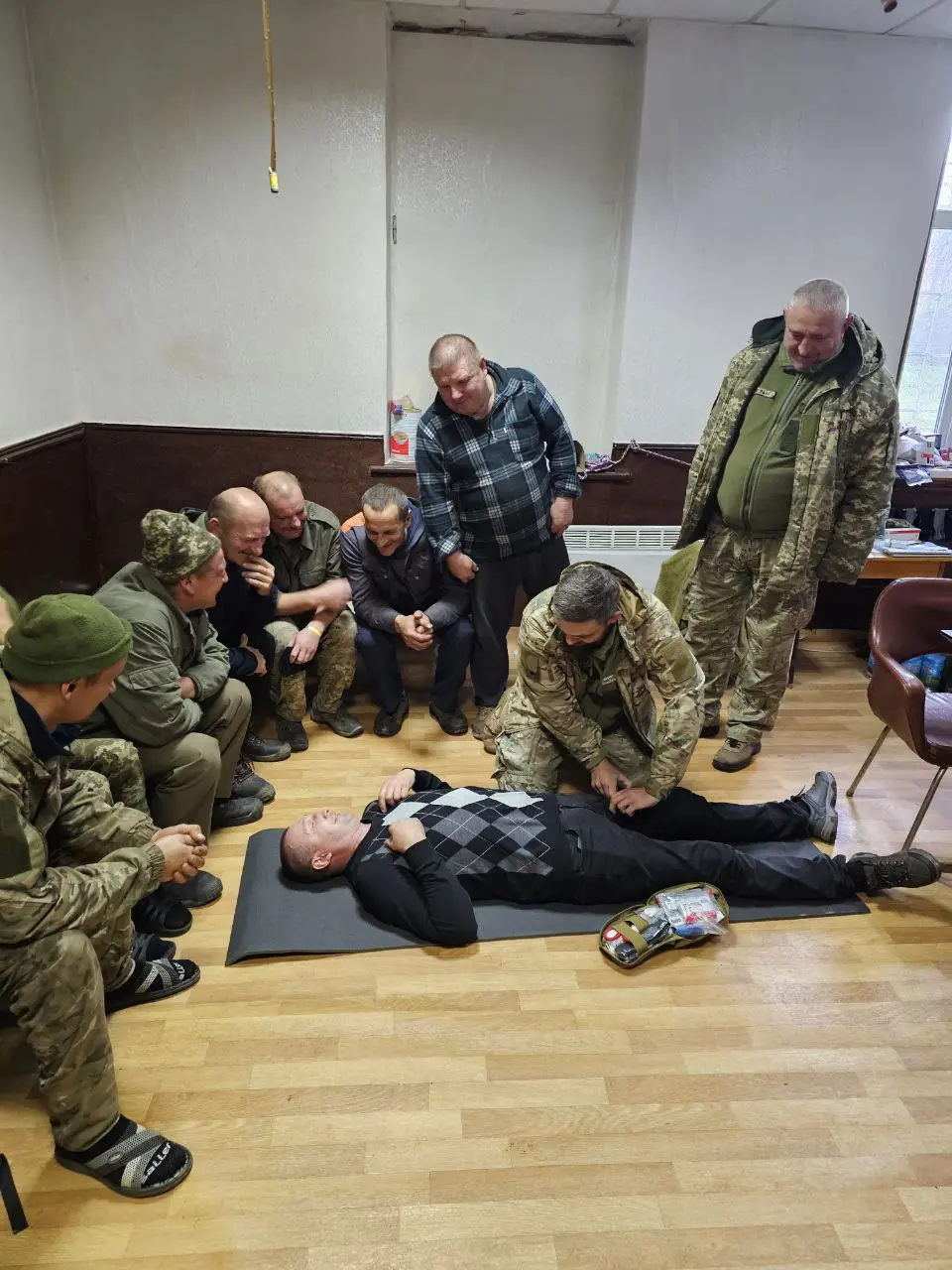
What are the strengths and weaknesses of the Ukrainian army on the front line? Can you summarize the overall situation on the front?
Again, I will speak about my segment of the front where I fought, specifically in the Serbrianka area, the Forest of Miracles. I'll start with the negative, as that might be more interesting for many. Communication between units was very poor due to the shortage of officers or the lack of qualified officers who usually handle this task. As a result, there were confusions. For example, it was hard to understand if a drone was ours or the enemy's. Over time, we taught soldiers and sergeants to recognize if a drone was ours by how it hovers and what it looks at. But if there was communication with our UAV operators and other adjacent units, it would have been much easier.
Simple communication via radio or "Signal" could solve this problem. Since communication was poor or absent, we had to establish it from scratch. Initially, it was very difficult, so we didn't know if we should hide from our drones or the enemy's, which could delay our movements and rotations.
Another downside was the shortage of ammunition. Now, thanks to American aid, the situation has improved, but when I was there, the lack of proper response by battalion or brigade means, such as artillery or mortars, was very noticeable. Mortar and artillery skirmishes looked like this: nine shots from the enemy, one from us. Essentially, the ratio was one to nine. Currently, the situation has improved thanks to aid, but their superiority in ammunition is still felt.
Also, as many have already said, the russians dig like devils. They dig better than us because they have barrier troops. Although barrier troops are not the best method of army management, they have their advantages in digging, as they understand that retreating is not an option. In their eyes, we are demonized, and they dig like madmen. Our servicemen, especially those who joined the army during late mobilization, are often lazier. Their motivation to dig increases only after they personally see the importance of this activity.
Among our advantages, I would say this: we evacuate the wounded and retrieve the dead much better than they do, even under sniper threat. We organize it so as not to endanger living servicemen, as they are still more important, but we do everything possible to retrieve our own. The russians' corpses can lie for a very long time, and they frankly don't care about them.
Although our medical supply is poor and not properly organized by the state, we rely on volunteers. Sometimes they send Chinese tourniquets or something similar, but thanks to volunteers, we can adequately equip our first aid kits. If you compare a russian soldier's first aid kit to ours, ours wins by far.
I had the honor of being present during the organization of an assault by the Air Assault Forces. Our assault organization is much more sparing for the personnel. Not all assaults are successful, but they are well-organized: there is drone support, artillery cover, tanks, etc. The russians also have artillery cover, but their artillery often hits their own. Additionally, their assaults are organized in such a way that few of their soldiers survive. Our approach to assaults is much more complex and humane to the servicemen. Of course, there are bad officers and commanders on both sides, but overall, our organization is better.
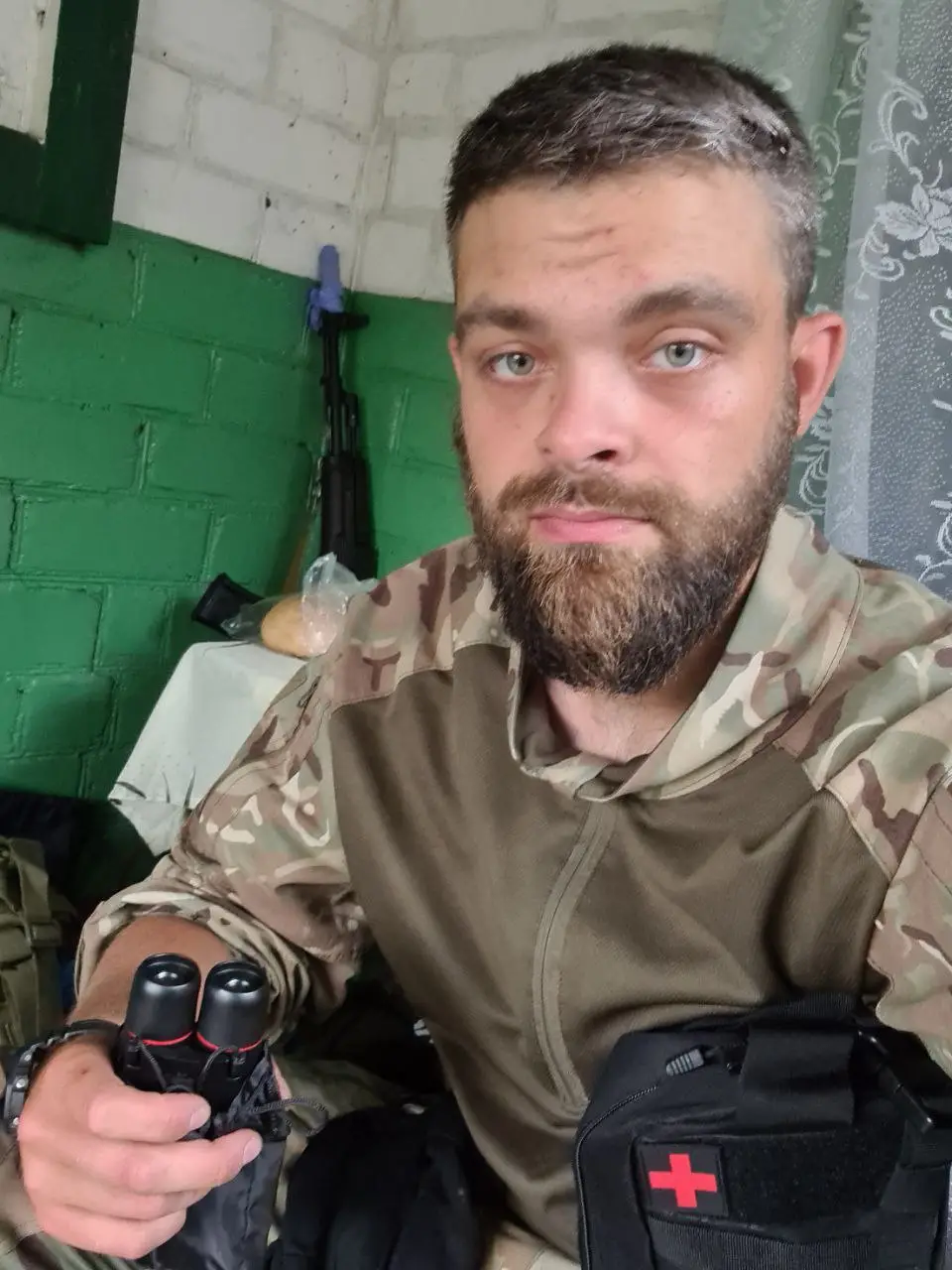
Many are now saying that Ukrainians have supposedly started donating less, but large funds say they still have stable inflows of funds, although not as large as at the beginning of the war. How does this affect ordinary soldiers?
Funding is not a problem in big foundations nowadays, as they are popular with celebrities who successfully raise funds among their audience. For example, when Monobank or, say, Pritula raise money, it happens quickly and successfully. However, for smaller, localized initiatives, such as fundraising for ammunition for the military or equipment for specific units, it is more difficult to attract attention. These initiatives often don't have the support of well-known personalities and often don't raise the amount needed, even if the need is important. Nevertheless, large foundations continue to attract funding due to successful promotion and an engaged audience, which allows them to effectively fulfill their missions, including support for military initiatives.
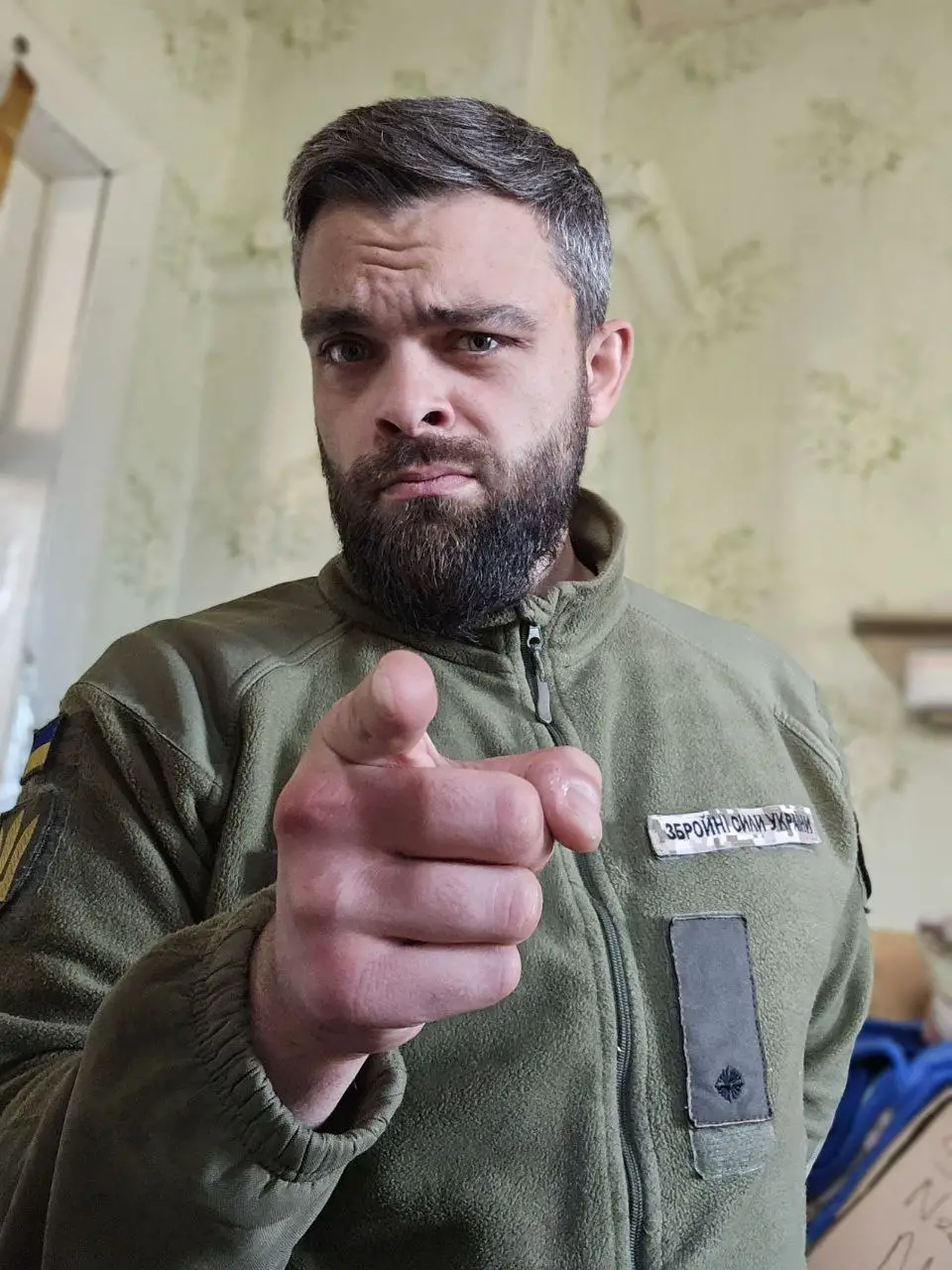
As a medic, can you comment on the general situation with the military medical commission, both in terms of mobilization and demobilization? Can you tell me what is the medical situation in the army now?
We are now in a better situation than the russians in medical matters. We are making efforts to ensure that our servicemen are reliably protected. Especially in the evacuation moments, our medics show a much higher level compared to their colleagues. However, this is largely due to volunteers and civilian initiatives. First aid kits issued from the state or brigades often need additional equipment. For example, there may be a reliable tourniquet but a poor occlusive dressing or lack of supplies.
Rarely do we receive a first aid kit without the need for additional equipment. Sometimes volunteers may give us unreliable equipment, which is unacceptable. First aid kits are critical and problems often arise from basic kits that require additional kits. This is the responsibility of the nurse's station and the front line medical service.
There are also significant bureaucratic challenges associated with the stocking of medical supplies and kits. Although the write-off process has recently become a little easier due to new procedures, there is still a lot of paperwork and calculations involved.
Unfortunately, it's a complex situation, but I'm glad that during my time in the service I was able to simplify the process of decommissioning medical resources and combat kits.
As for the military medical commission in the TCR, the process remains as superficial as it was introduced. This means that conscripts rarely receive a fair decision, especially those who face chronic illnesses and are fully fit. Even when they have every reason to be assigned a restricted category, they are often classified as fully fit for service, including the possibility of being an assault soldier. As a medical professional, I realize that this is not always an objective decision.
The military medical commission in military commissions depends on local conditions, individual doctors, and so on. The approach of the military medical commission is particularly different in hospitals, such as the Kyiv Central Hospital and the Irpi Hospital, which was recently rebuilt after destruction.
From my own experience of going through the military medical commission after being wounded, I can say that I was adequately examined, treated and given an objective conclusion. Although there are hospitals where standards are not always met, in general the situation is very different from what it used to be.
The load on hospitals, especially the Kyiv Central Military Hospital, has increased significantly due to the large number of servicemen in need of rehabilitation and treatment. However, the hospital staff do their best to provide a high level of service.
For example, the Kiev hospital provides free prescriptions for medicines and free MRIs if they are needed. However, there are problems with appointment arrival times due to transportation congestion in Kiev.
Despite the heavy workload, the physicians have great respect for their work and strive to provide the best service to military personnel with the resources available.



